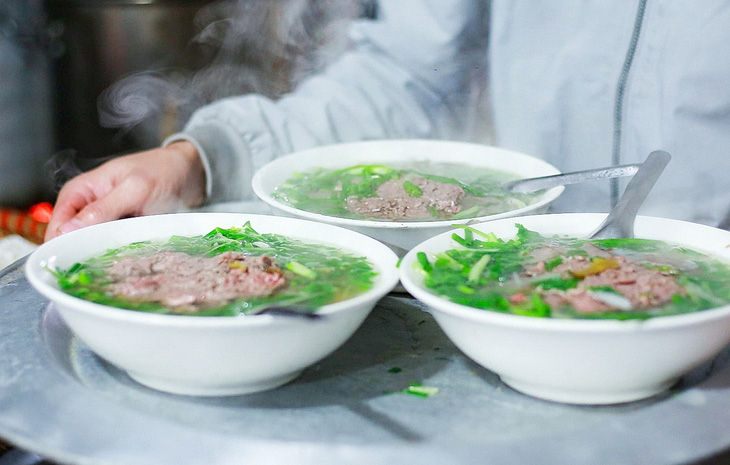
Pho Thin (Hoan Kiem Lake bank, Hanoi ) – Photo: NAM TRAN
The reason is that when it comes to Vietnamese cuisine , international friends all know about pho.
There must be a plan to promote pho heritage.
* Madam, some people are surprised and ask why pho is an intangible heritage. Could you please clarify this?

Ms. Le Thi Thu Hien – Director of the Department of Cultural Heritage – Photo: NVCC
– Hanoi Pho Folk Knowledge and Nam Dinh Pho Folk Knowledge are two of 588 intangible cultural heritages included in the National Intangible Cultural Heritage List.
The "identification" of heritage of any type will be based on the nature, expression and outstanding practice status of that heritage.
This also depends on the process of approaching, inventorying, building heritage records, and writing scientific profiles of local heritage.
For Hanoi pho and Nam Dinh pho, the skills and techniques for making pho are the secret, family secrets of the shop owners, passed down through many generations in the family to create a unique identity.
The sophistication in enjoying pho, as well as the existence and transformation of pho in the life with many ups and downs of Vietnamese people for many generations, from "subsidized" pho, "unmanned pho", pho with cold rice, to the story of "carrying a lunch box to buy pho means knowing that someone in the house is sick"... has created one of the unique features in our culinary culture.
Nowadays, every Vietnamese person has the right to be proud because when mentioning Vietnamese cuisine, international friends all know about pho. The ingenuity, meticulousness and sophistication in both the preparation and enjoyment of pho is the folk knowledge related to traditional cuisine that we have inherited from our ancestors and continue to maintain, practice, and crystallize into intangible cultural heritage, to be recognized.
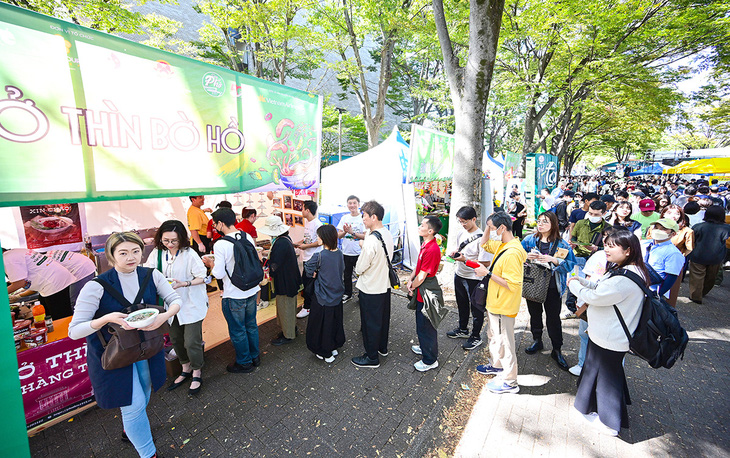
Japanese tourists line up to eat pho at the Vietnam Pho Festival 2023 in Yoyogi Park, Tokyo (Japan) in October 2023 - Photo: QUANG DINH
* How will being "listed as a heritage" help preserve and develop the pho cooking profession and will it help promote this dish more widely?
– Last April, the Government issued Decree No. 39/2024/ND-CP stipulating measures to manage, protect and promote the values of intangible cultural heritage in UNESCO lists and the National List of Intangible Cultural Heritage.
Accordingly, after intangible cultural heritage is included in the national list, the People's Committee of the province or city with the heritage must develop a project, program, and plan to protect and promote the value of intangible cultural heritage.
Organizing festivals and introducing intangible cultural heritage domestically and internationally is one of the measures contributing to protecting and promoting heritage values.
Putting heritage on the national list is one of the motivations to encourage the community to be more proud of heritage, to care and take specific actions to support artisans and practitioners in protecting and promoting heritage.
Pho restaurants that have been passed down through generations will be known and enjoyed by many people, and the number of customers will increase. Of course, pho, which is already famous, will also be known by many more people.
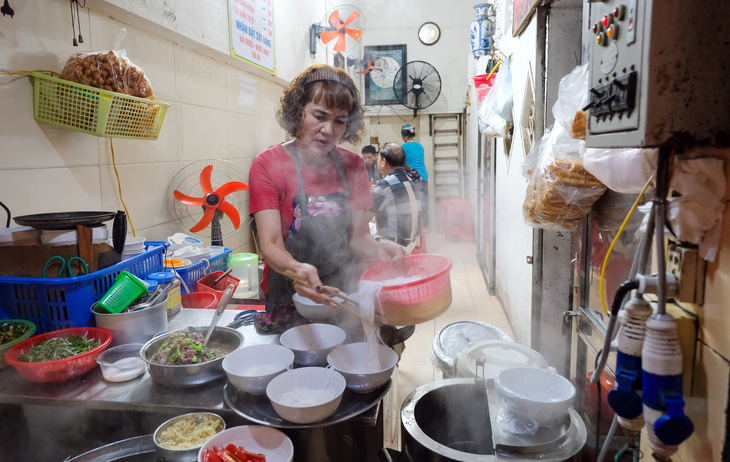
Three-generation family pho of Mr. Tang 23 Hang Tien, Quang Trung, Nam Dinh City – Photo: NAM TRAN
Many culinary professions are national heritages.
* How will the potential for bringing this dish to the world be different after pho is listed?
– Over the years, pho has not only been a favorite dish in the minds of Hanoians and Nam Dinh people but has also been known to international friends.
Pho has become a proper noun in many famous dictionaries around the world and is present in 50 countries around the world.
According to Lonely Planet, Vietnam is one of the countries with seven dishes served in bowls that provide the best experience in the world.
Vietnamese Pho was also voted by the famous magazine Business Insider as one of the must-try dishes in a lifetime for those who love to travel.
The Travel newspaper published a list of 10 countries with the best food in the world, including Vietnamese pho.
After being included in the national heritage list, pho will be known even more and become a traditional cultural product of special value in promoting the image of Vietnam, promoting tourism development, and socio-economic development.
* Many people think that we have a very attractive cuisine, which should have been listed on the National Intangible Cultural Heritage List a long time ago to better promote Vietnamese cuisine. What do you think?
– Vietnamese cuisine is not only diverse and rich but also extremely attractive. Each ethnic community and each region has its own typical culinary dishes associated with the material and spiritual life of that community.
However, the registration of intangible cultural heritage in the national list must comply with the provisions of the Law on Cultural Heritage and the Law on amending and supplementing a number of articles of the Law on Cultural Heritage and the documents guiding its implementation.
We always encourage provinces and cities to continuously conduct research, inventory intangible cultural heritage, build scientific dossiers of heritage related to the field of traditional cuisine to propose inclusion in the National List of Intangible Cultural Heritage, ensuring science, on the basis of fully identifying cultural manifestations and values of heritage.
Recently, many provinces and cities have paid great attention to folk knowledge about traditional cuisine, as well as understanding the importance of these heritages for local tourism development, so they have built scientific heritage profiles and registered them.
Such as the profession of making Pia cakes (Soc Trang), the art of preparing vegetarian dishes (Tay Ninh), the profession of making Lai Vung spring rolls (Dong Thap), the profession of making Khau Xen cakes and Chi Chop cakes of the White Thai people (Dien Bien), the profession of making Chung cakes and Giay cakes (Phu Tho), the technique of making Can wine of the Xtieng people (Binh Phuoc)...
Up to now, there have been 32 heritages in the form of folk knowledge and traditional crafts related to traditional cuisine out of a total of 588 heritages registered in the national list.
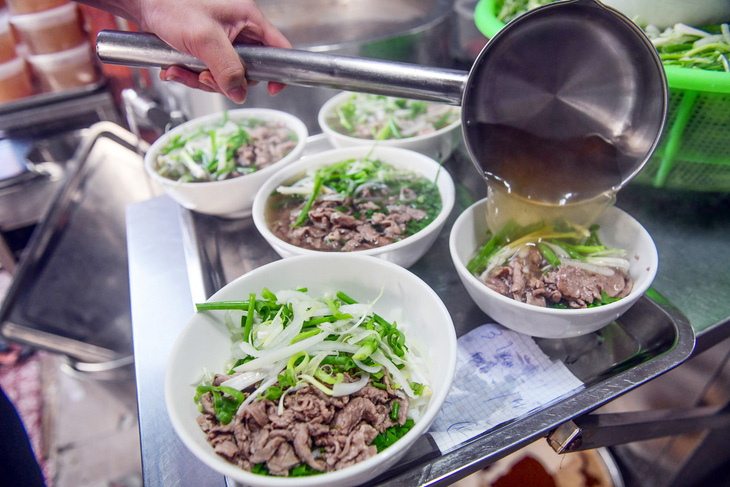
Pho Phu Gia, District 3, HCMC – Photo: QUANG DINH
Ms. Phuc Thinh, owner of Pho Huong Binh restaurant (HCMC) - a participant in the Vietnam Pho Festival organized by Tuoi Tre newspaper on October 5 and 6 this year in Seoul (South Korea), shared with Tuoi Tre:
“For the second year in a row, our pho restaurant has been listed in the Michelin Guide’s Bib Gourmand 2024 category (good food, good value). Since being honored, the restaurant has welcomed more customers, including many tourists.
Now that pho has become a national intangible cultural heritage, it is the pride of pho traders, and also the foundation for pho to become more popular.
Because maintaining a pho restaurant over time is not easy, the titles are very meaningful, helping restaurants confidently pursue long-standing traditional flavors.
There will be folk and elite artists cooking pho.
The Hanoi Department of Culture, Sports and Tourism and the Nam Dinh Department of Culture, Sports and Tourism will soon implement many measures to promote heritage values, organize seminars and workshops to introduce pho, discuss issues of protecting and promoting the value of intangible cultural heritage of pho cooking as well as pho eating customs.
Hanoi and Nam Dinh will promote propaganda and introduce heritage, continue research and collection to clarify the origin and formation process of pho cooking.
Organize interviews, audio and video recordings of the heritage practice process of pho restaurant owners who are long-time pho chefs in families with many generations of experience in the profession, with prestige voted by the pho-enjoying community.
Support artisans who are the subjects holding and practicing the profession of making pho and passing on their experience; propose to consider awarding the title of People's Artisan and Excellent Artisan in the field of intangible cultural heritage to these artisans.
The two localities also have plans to support heritage practitioners in registering trademarks and brands according to the law, and research planning cultural spaces for heritage practices...
Hanoi alone plans to build a map of Hanoi pho to provide specific suggestions and directions about delicious pho shops in the capital.
Tuoitre.vn
Source: https://tuoitre.vn/nguoi-viet-tu-hao-ve-pho-20240816090250493.htm



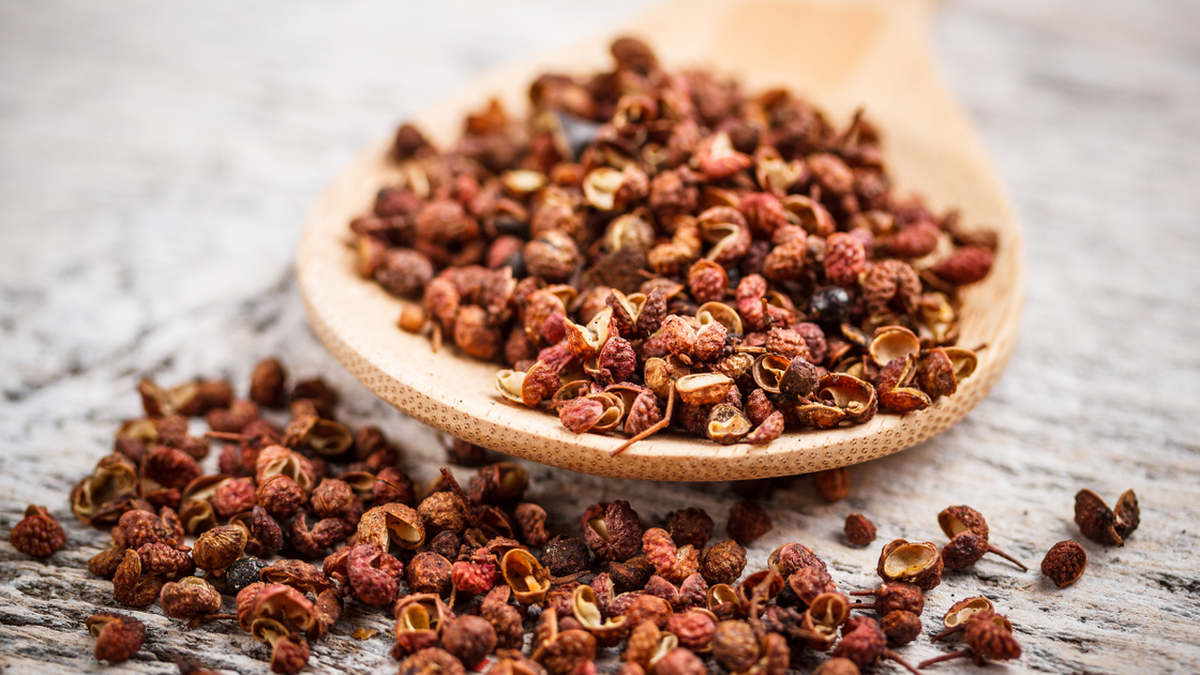



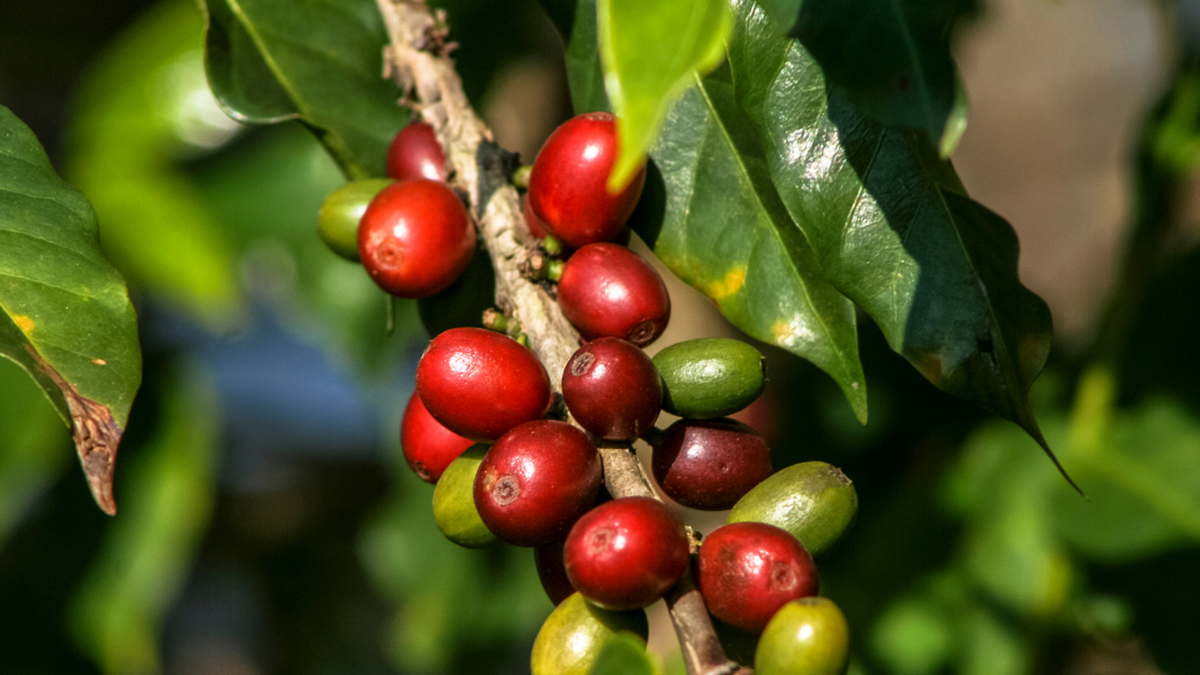





















![[Photo] National Assembly Chairman Tran Thanh Man visits Vietnamese Heroic Mother Ta Thi Tran](https://vphoto.vietnam.vn/thumb/1200x675/vietnam/resource/IMAGE/2025/7/20/765c0bd057dd44ad83ab89fe0255b783)







































































Comment (0)